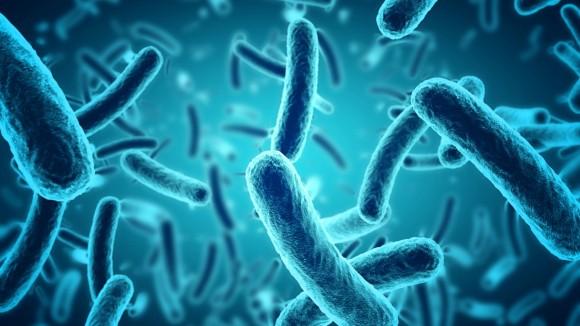
Sung-Hwan Choi, D.D.S, PhD, Yonsei University College of Dentistry, Seoul, Republic of Korea
Sung-Hwan Choi is an Associate Professor at the Department of Orthodontics, at Yonsei University College of Dentistry. He has been awarded the Young Researcher Award by the Korean Dental Association, the Young Researcher Award by the Ministry of Health and Welfare, Republic of Korea (2019), the Gold Prize of the 17th Yeonsong Dental Award by the Korean Academy of Dental Science (2021), and the Grand Prize of the 3rd MINEC Academic Award by the Korean Academy of Dental Science (2023). His research activities include biofilm-resistant biomaterials with antifouling and microbiome homeostasis for the oral-gut axis. Dr. Choi has been working as an Editorial Board Member of Scientific Reports since 2024.
 Joseph O. Falkinham, III PhD, Virginia Tech, Blacksburg, Virginia, USA
Joseph O. Falkinham, III PhD, Virginia Tech, Blacksburg, Virginia, USA
Joseph Falkinham has been studying the ecology, physiology, and genetics of the nontuberculous mycobacteria (NTM) since 1975; primarily members of the Mycobacterium avium complex (MAC). Initial environmental surveys established that the MAC were present in natural soils and waters and entered municipal drinking water systems through water treatment plants. Those surveys were complemented by documentation of MAC resistance to disinfection, growth in drinking water, growth under stagnant conditions, and their preference for attachment to plumbing surfaces (biofilm formation). Those characteristics lead to the colonization and persistence of MAC in home and hospital plumbing. MAC and other NTM cells are surrounded by a thick, lipid-rich outer membrane that is a major determinant of their resistance to disinfection and antibiotics. Those NTM characteristics are also seen in other waterborne opportunistic pathogens, such as Legionella and Pseudomonas. Recognition of those common characteristics led Dr. Falkinham to the writing of the book, “Opportunistic Premise Plumbing Pathogens” to describe those shared features. Prof. Falkinham has been an Editorial Board Member for Scientific Reports since 2019.
 Sueli Fumie Yamada-Ogatta, PhD, University of Londrina, Londrina, Paraná, Brazil
Sueli Fumie Yamada-Ogatta, PhD, University of Londrina, Londrina, Paraná, Brazil
Sueli Fumie Yamada-Ogatta is an Associate Professor and Research Coordinator of the Laboratory of Molecular Biology of Microorganisms – BioMMLab - at the Department of Microbiology of the State University of Londrina, Paraná, Brazil. Her research interests include studies on mechanisms of microbial biofilm formation, as well as the discovery of new molecules/compounds of natural or synthetic origin with antibiofilm activity. Professor Yamada-Ogatta has been an Editorial Board Member for Scientific Reports since 2019.

